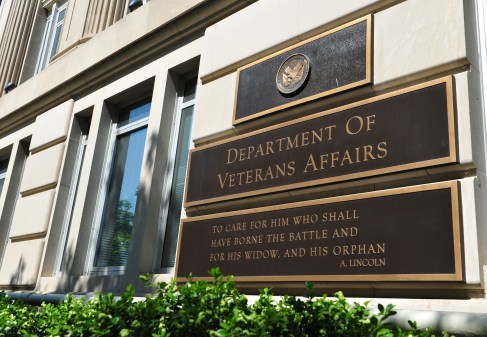Trump signs bill creating group to oversee VA’s GI Bill software efforts

The Department of Veterans Affairs is now be required to create a “tiger team” to oversee efforts to build software that will allow it to correctly pay student housing stipends due under the Harry W. Colmery Veterans Educational Assistance Act.
President Donald Trump signed the Forever GI Bill Housing Payment Fulfillment Act of 2018 into law on Thursday. The bipartisan legislation, which was introduced by Sen. John Boozman, R-Ark., on Dec. 18, 2018, and quickly found its way through Congress, is a direct response to an ongoing issue at the VA that has been blamed on legacy IT.
Two sections of the Harry W. Colmery Veterans Educational Assistance Act, also known as the Forever GI Bill, change the way the VA pays a monthly housing stipend. Previously the stipend was based on the ZIP code of the school where the veteran was enrolled — now it should be based on the ZIP code of the campus of that school where he or she attends the majority of his or her classes. This can be a big deal for student veterans who attend schools with campuses in, for example, both rural and urban areas.
To make this change, the Veterans Benefits Administration found it needed to build a new piece of software. This did not go smoothly.
After months of delays, cases of payment delay or mispayment and one very tense hearing, the VA announced that it intends to “reset” development efforts. The estimated date of deployment for the software initially anticipated by July 16, 2018, is now Dec. 1, 2019.
But Congress wants to keep a close eye on the project this go around, and they’ll do that with the help of the tiger team.
Per the new legislation, the team will be comprised of employees of the VA as chosen by the agency’s secretary. The team will, within 90 days of the enactment of the act, provide a plan describing exactly how the agency will go about building the necessary software and the timeline for the project.
The act also calls upon the team to give Congress “periodic updates” about how the implementation of the plan is going and keep the legislative body abreast of any additional funding or personnel needed to fulfill the plan.
Once the issue is fixed, and the team has submitted its final report to Congress, the secretary of the VA will disband the group.





